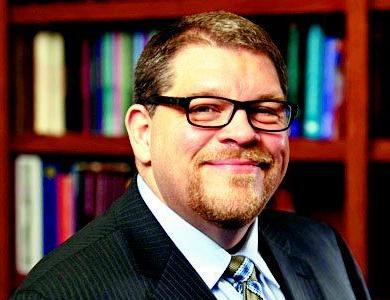Growing up, we all can remember either a parent or coach repeating the famous words, “Practice makes perfect.” Or, “Better to be prepared.” And although these words were easy to mock in our youth, they have aged well. They have aged so well we now pass the same phrases down to our children. With that said, let’s not just forget that practice can still apply to us and our retirement.
Practicing for retirement has many benefits and can assist with the emotional aspect of leaving a career, as it helps smooth out some of the uncertainties that come with leaving a lifetime of work behind. By definition, retirement marks the closure of employment memories and yet, at the same time, opens the door for new opportunities. Most families we serve expect they will have no problem filling their days with grandchildren, hobbies, traveling or volunteer work. And they could not be more right. Most of the retirees we see wonder how they got everything done while they still had jobs!
A significant benefit of practicing retirement for many retirees is their clarity surrounding their standard of living. A family’s standard of living is simply the combined total of their fixed expenses and social expenses. Many of the families we see often ask.
“Do I have enough to retire?” And what they think they want to hear from our team is, “Yes, you have enough assets, pensions, etc.” However, before we can clarify whether they have enough assets, we must first know what it takes every month, after taxes, to maintain their lifestyle. For example, if a family only needs $3,000 a month to support their wants and needs, they do not require a herculean nest egg. However, if a family needs $10,000 a month, the opposite is true.
The best part is that practicing for your retirement is relatively easy. Spend the year before turning in the keys to the office, managing your fixed and social expenses, as if you retired. So, if you believe you only need $5,000 a month, after taxes, to live comfortably, then spend only the $5,000 and save the rest. Not only does this provide clarity on whether that dollar amount is feasible, but you also save more if you like to plan for factors outside of your control; practicing for the unknown limits the emotional toll when life does occur.
With the added clarity, many of our families gain confidence and perspective they might not have had before. We do not want you to feel like many of the families who enter our office for the first time, unsure if their assets will meet their needs in retirement. Take the first step in removing the anxiety and practice. A successful retirement requires financial preparation. Leaving a career marks not just an end but also a new beginning.
However, the best beginnings start with a plan instead of simply waiting to see what happens.
Happy days are ahead if you practice, and plan accordingly.
Joseph “Big Joe” Clark, whose column is published Saturdays, is a certified financial planner. He can be reached at bigjoe@yourlifeafterwork.com or 765-640-1524.

